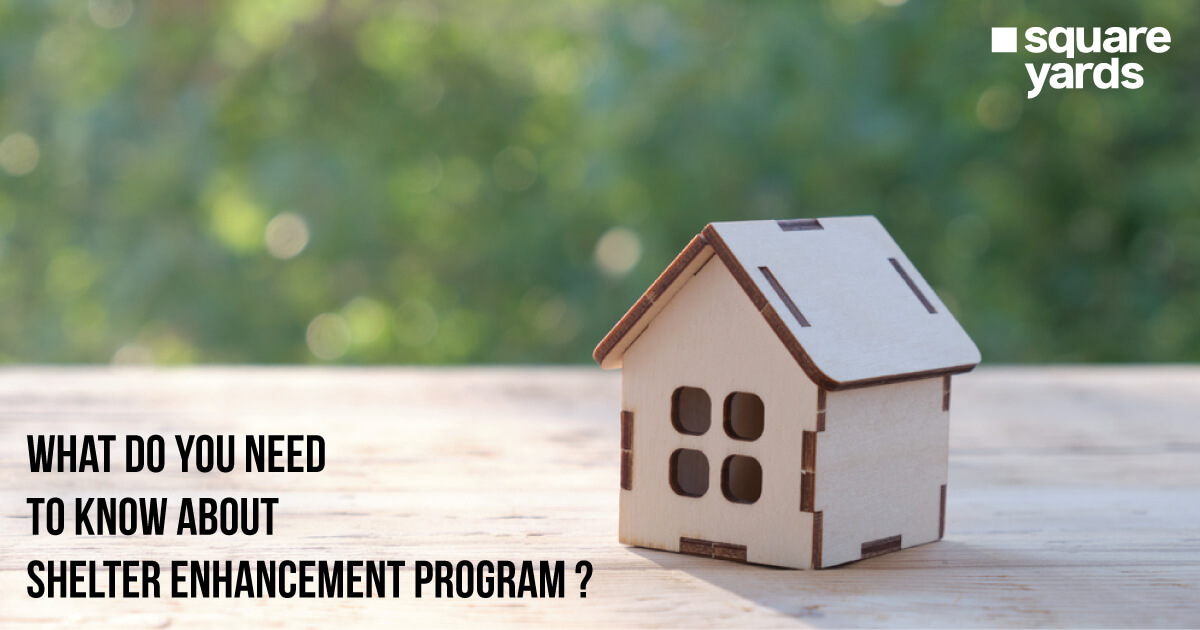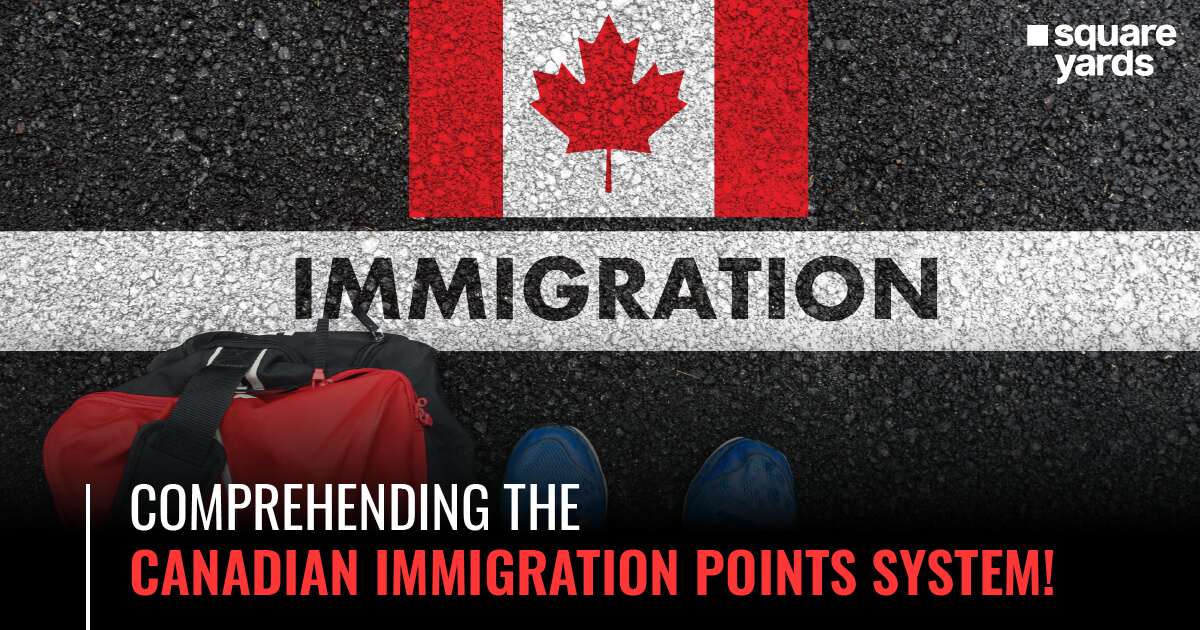Domestic violence is an undesirable reality that is prevalent in almost every corner of the world. it essentially refers to a form of violence or abuse that takes place in a domestic setting, such as cohabitation or marriage. for this Shelter Enhancement Program has made by government. this form of violence can assume multiple forms, such as:
-
- Verbal
- Physical
- Economic
- Emotional etc.
While women are by far the largest group of victims facing domestic violence, even children and the elderly are victims of such abuse. as per available statistics on domestic violence, about 1 in 10 men, and 1 in 4 women have been victims of domestic violence during their lifetime, committed by an intimate partner. what’s more unnerving is that domestic violence is one of the most underreported crimes around the world for both women and men.
These shocking facts highlight the need to raise awareness about this quiet pandemic and support the victims. This is where the Shelter Enhancement Program (SEP) comes into the picture.
What is SEP?

The Shelter Enhancement Program (SEP) is a part of the Family Violence Initiative (FVI) by the Federal Government of Canada. It is involved in providing financial assistance for:
-
- Construction
- Improvement
- Reparation of shelters for people who are escaping from the clutches of domestic violence
Since many of these victims need transitional homes or second-stage housing as they get ready for an independent life after escaping from an abusive situation, the CMHC Shelter Enhancement Program recognises the need to provide a safe shelter for First Nations women and their children on reserves fleeing violent situations.
In this regard, the programme works closely with First Nations across Canada to make sure that people fleeing domestic violence can easily access these essential services.
To fulfil this objective, they
-
- Ensure that such services are easily available in their communities.
- Provide funding for carrying out repairs to existing shelters through their Shelter Enhancement Program (SEP) On-Reserve
- Extend financial support to those non-profit corporations and charities that want to build new shelters or develop second-stage housing projects for victims of domestic violence.
Under the mandate of the FVI, the SEP receives $1.9 million CAD of ongoing annual funding. the Government of Canada announced additional funding of $56 million in June 2007 through a five-year investment in Indian and Northern Affairs Canada’s Family Violence Prevention Programme and CMHC’s SEP on reserve. due to this, the CMHC SEP received additional funding of $2.2 million for up to five additional shelters on reserve.
Apart from funding repairs, the financial support from SEP has been instrumental in expanding the number of family violence shelters across Canada by 7%. This resulted in the construction of 348 units across 36 shelters. Fourteen units among these were built for First Nation communities that didn’t have any shelter facilities before 1996.
Who Qualifies for SEP Financial Assistance?
The Shelter Enhancement Program is open to extending financial support to all First Nations or First Nation housing organizations that are involved in providing housing and shelter for people fleeing domestic violence. this includes non-profit corporations and charities as well.
Which Work is Included in This Programme

The Shelter Enhancement Program provides financial assistance for building a new shelter or second-stage housing for victims of domestic violence fleeing their homes, such as:
-
- Women
- Children
- Youth
The programme also provides funding to carry out repairs in existing shelters or second-stage housing. The objective is to ensure that these emergency shelters offer acceptable standards of:
-
- Health
- Security
- Safety for occupants after the repairs
The SEP funding allotted for repairs can be utilised for the following
-
- Repairs to bring the property up to a minimum acceptable standard of health and safety
- Modifications to ensure that the property is easily accessible for people with physical disabilities
- Provide a safe play area for kids
- Extending an appropriate level of safety and security for all occupants of the shelter or housing
This enhanced emergency shelter program covers only the capital costs required for constructing new shelters or renovating existing shelters. However, the programme does not offer any form of operational support for such shelters. if such support is required for shelters and second-stage housing, it should be obtained through organisations such as Indigenous Services Canada or other acceptable sources.
In the case of second-stage housing, it is expected that occupants make modest contributions to balance the operating expenses. one thing to note is that if a non-profit corporation or a charity carries out any of the above-mentioned construction or repair work before getting written approval for their application, their work won’t be eligible for SEP funding.
What Kind of Financial Support Is Offered Through SEP?
For new construction, the programme covers up to 100% of the capital cost of the project. this financial assistance is provided in the form of a forgivable loan. In a forgivable loan, the borrower doesn’t have to repay the loan as long as all the terms and conditions associated with the loan are met. this forgivable loan needs to be secured through a ministerial loan guarantee. It must be for a period of 15 years. for renovating existing shelters, the program provides up to $60,000 for every unit or bed-unit that is renovated or updated. if the location of a shelter is on-reserve in remote areas or northern areas, the funding may be increased by a maximum of 25%. This financial support is also extended as a forgivable loan.
If any costs are incurred above the maximum loan amount, the responsibility for paying them remains with the First Nation or shelter sponsor.
What Kind of Support Is Available

CMHC executes other programmes to fund other types of on-reserve housing projects. this includes Residential Rehabilitation Assistance Programs that offer financial support for turning non-residential properties into affordable rental housing and constructing secondary and garden suites for seniors or adults with disabilities.
Conclusion
We can thus say that every person has the right to live with dignity in a safe and secure environment. When faced with a situation of domestic or family violence, they need to escape as soon as possible. the Shelter Enhancement Program offers funding to construct and repair shelters and housing for victims of domestic violence fleeing abusive environments, such as:
-
- Women
- Children
- Youth
Any non-profit corporation or charity that wants to build new shelters or renovate existing shelters is eligible for funding under this programme. the funding is provided in the form of a forgiven loan. The programme has been playing a significant role in increasing the number of family violence shelters across Canada.
You May Also Read
| Guide To Toronto Property Tax | Toronto Property Tax |
| Know About Prohibition Act in Canada | Prohibition Act in Canada |
| Overview of First Home Savings Account | First Home Savings Account |
| How To Apply House Mortgage in Canada | House Mortgage in Canada |
Frequently Asked Question (FAQs)
Information on the Shelter Enhancement Program (SEP) can be obtained by contacting the Canada Mortgage and Housing Corporation (CMHC).
Many domestic violence shelters in Canada serve as short-term crisis shelters. They have stay restrictions ranging from 21 days to three months.
The Government of Canada offers funds to build and repair homeless shelters in Canada. The Canada Mortgage and Housing Corporation (CMHC) is set to allocate $420 million over 5 years to build new shelters and transitional housing across Canada.
Homeless people in Canada can call either 211 or 311. Both of these are free calls that can be made from a regular phone or a payphone.
The major benefit of the Shelter Enhancement Program (SEP) is that it provides financial support for building and repairing shelters and second-stage housing for people who are fleeing domestic violence. Where Can I Get More Information on SEP?
How Long Can I Stay in a Shelter In Canada?
Who Funds Homeless Shelters In Canada?
Where Can I Go If I Am Homeless In Canada?
What Are the Benefits of the SEP Program?




















